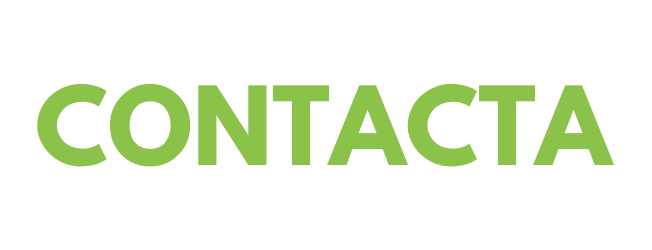Company training
We know that investing in the training of your employees is key to the success of your business, which is why we ensure that all our courses are designed to provide the skills and knowledge necessary to improve the performance and productivity of your employees.
We are proud to work with companies of different sizes and sectors, and our experience has allowed us to develop a customised approach for each of them. Whether you need a complete training programme or a specific course, our team will be happy to work with you to find the best solution for your needs.
Furthermore, our courses are also subsidised, which means that your company can access them at an affordable price without compromising on quality. Don’t miss this opportunity to invest in the development of your employees and the growth of your company.
We can offer on-site training at your company’s premises, at our own facilities, online or through our STP Training On-live platform. We provide solutions to adapt to the current landscape.
Contact us today to find out more about how we can help you take your business to the next level. We are eager to work with you.
What is our approach to work?
Our approach to training is based on personalisation and adaptation to the needs of the employees and the company. Before the start of any course, we carry out a level test of previous knowledge to determine the level of the employees and, by doing so, we are able to adapt the training to their specific needs.
Once we have identified the training needs, we prepare a detailed training plan proposal. This includes course planning, timing and location of the training, and a budget offer tailored to the company. We work in a transparent manner and maintain good communication with the contracting company, informing them regularly about the attendance of their employees, evaluation results and other aspects of their interest.
In our in-company training programmes, we focus on effective communication, participation, spontaneity and student’s motivation. We develop the programme specifically to cover the main areas of the language: oral expression, written expression, reading and listening comprehension, grammar and vocabulary. During the sessions, we present current topics and real situations adapted to the students’ jobs, which allow them to apply the contents learned and communicate effectively in their working day, in the case of a language, or to implement the computer skills acquired.
Our language courses follow the Common European Framework of Reference for Languages (CEFR), which means that employees can be confident that they are receiving high quality, internationally recognised training.
In summary, our way of working is based on personalisation and adaptation of the training to the needs of the employees and the company, maintaining transparent communication and focusing on effective feedback and practical application of the contents learned.
We assess the skills and progress of students throughout the course. However, students take an exam each term where they must demonstrate all their language skills. Subsequently, a personalised report is sent.
These classes can be done in homogeneous small groups or individually (one-to-one).
They can be face-to-face at our facilities, at the student’s company and can also be done with the OnLive! Methodology.
The schedules are arranged with the students
Textbook with digital content. Free extra resources provided by the teacher.


